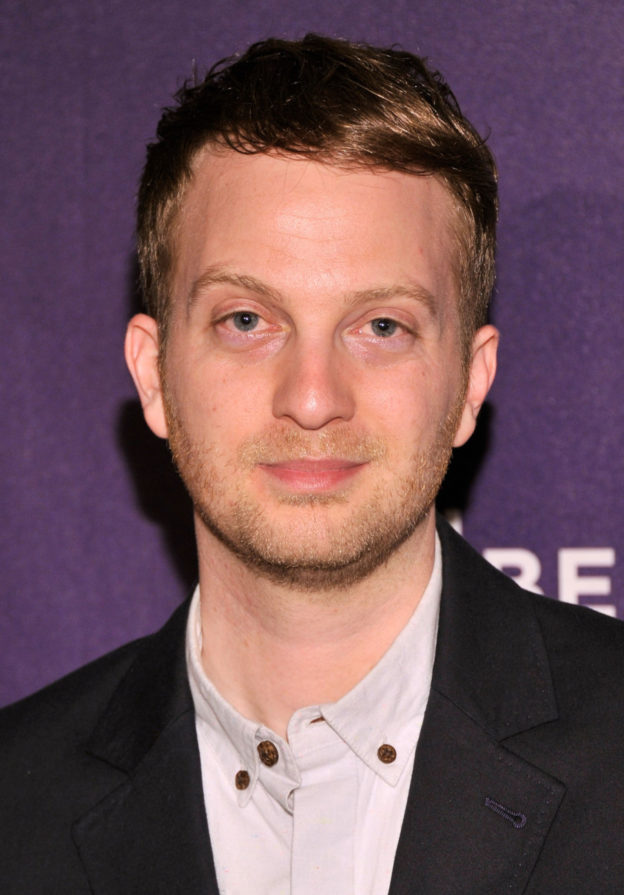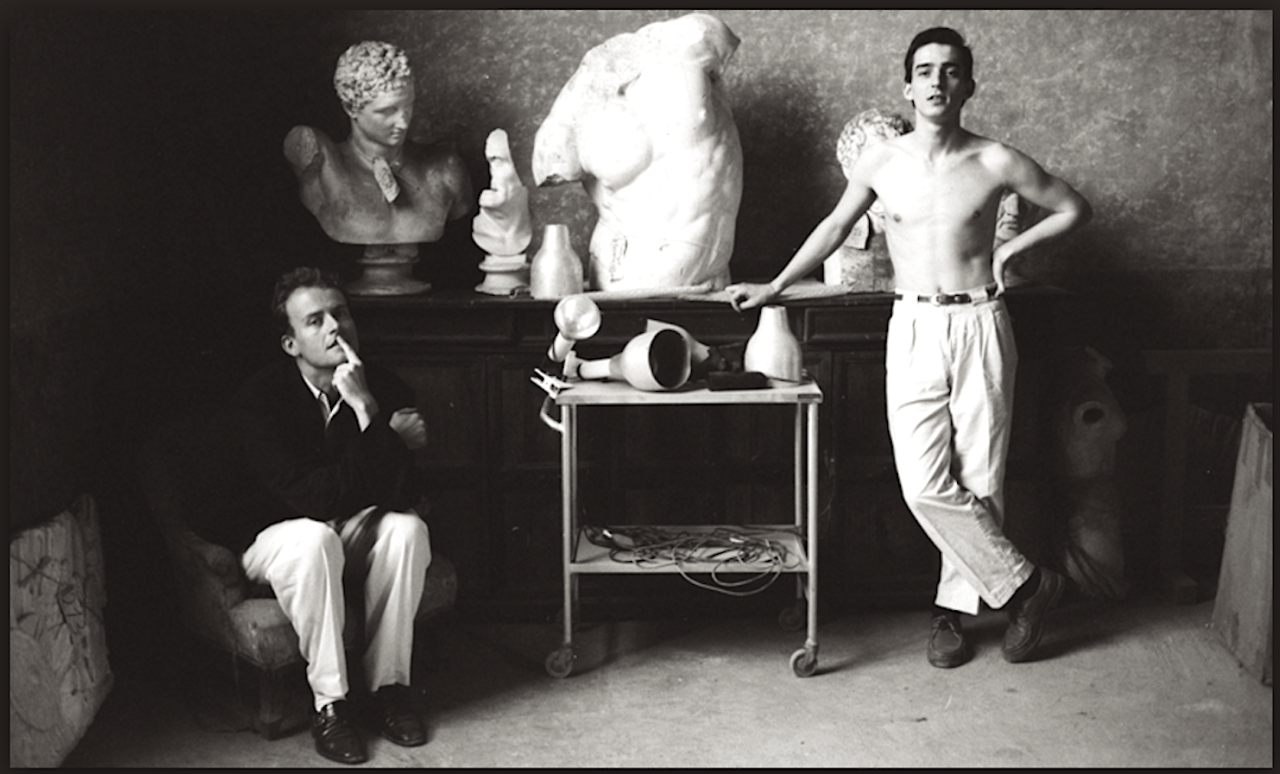As I was mining the material [for SPACESHIP EARTH], I realized this whole point of small groups as this unique model for pursuing unprecedented projects really struck me as something that’s relevant today. We live in a world in which it’s really, really difficult to create consensus among huge groups of people. It’s what makes social movements feel more and more fractured. But this idea that we can coalesce around a much smaller group and impact a certain kind of change in our little miniature worlds—in our little Biosphere 2 s—is really compelling because if everybody is forming small groups and uniting around common goals, a lot of things can happen in a different way. I realized this is ultimately a film about small groups and within that model, people were able to literally reimagine a world and that has really taken on a new significance in this whole pandemic that we’re in right now. — Matt Wolf

Join filmmaker Matt Wolf and editor Andrew Durbin for a conversation about Wolf’s acclaimed Biosphere 2 documentary SPACESHIP EARTH.
See links below for film streaming platforms and webinar registration.

Now streaming on Hulu.
MATT WOLF and ANDREW DURBIN IN CONVERSATION
Wednesday, July 15.
10 am on the West Coast; 1 pm East Coast; 6 pm London; 7 pm Paris.

From top: Matt Wolf in 2013, photograph by Stephen Lovekin; Linda Leigh (right) inside Biosphere 2; Matt Wolf, Spaceship Earth U.S. poster; Biosphere 2; Bernd Zabel (left), Leigh, Taber MacCallum, Abigail Alling, Mark Van Thillo, Sally Silverstone, Roy Walford, and Jane Poynter, in 1990, photograph by Philippe Plailly / Science Photo Library. Images courtesy and © the filmmaker, the photographers, Hulu, Radical Media, and Neon.





